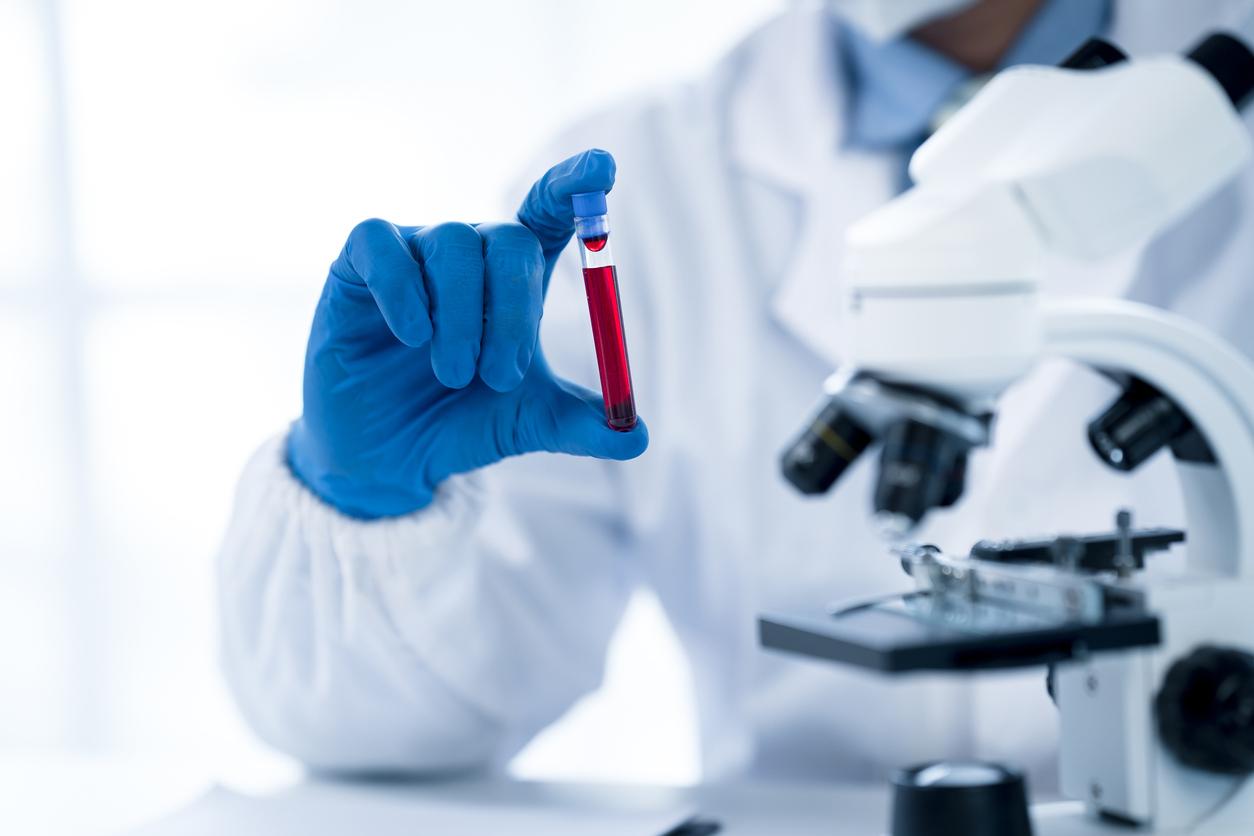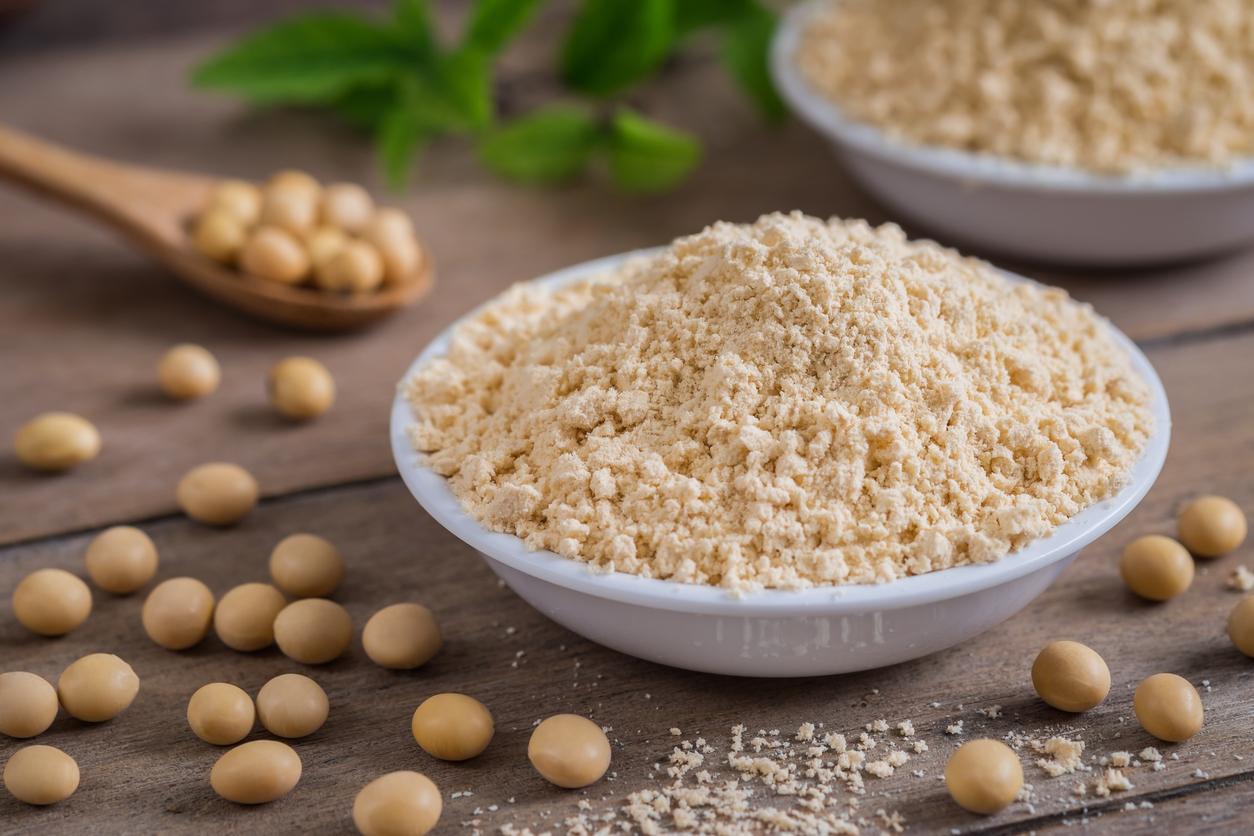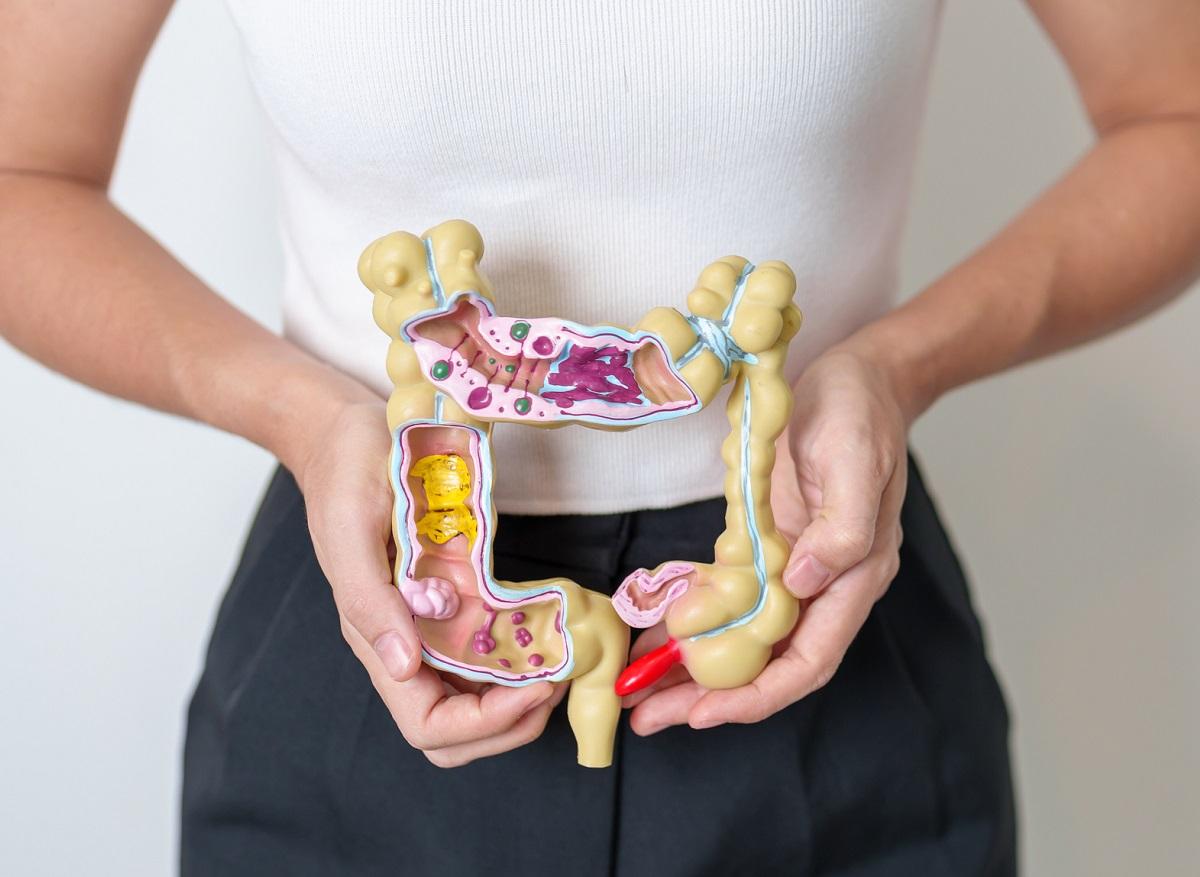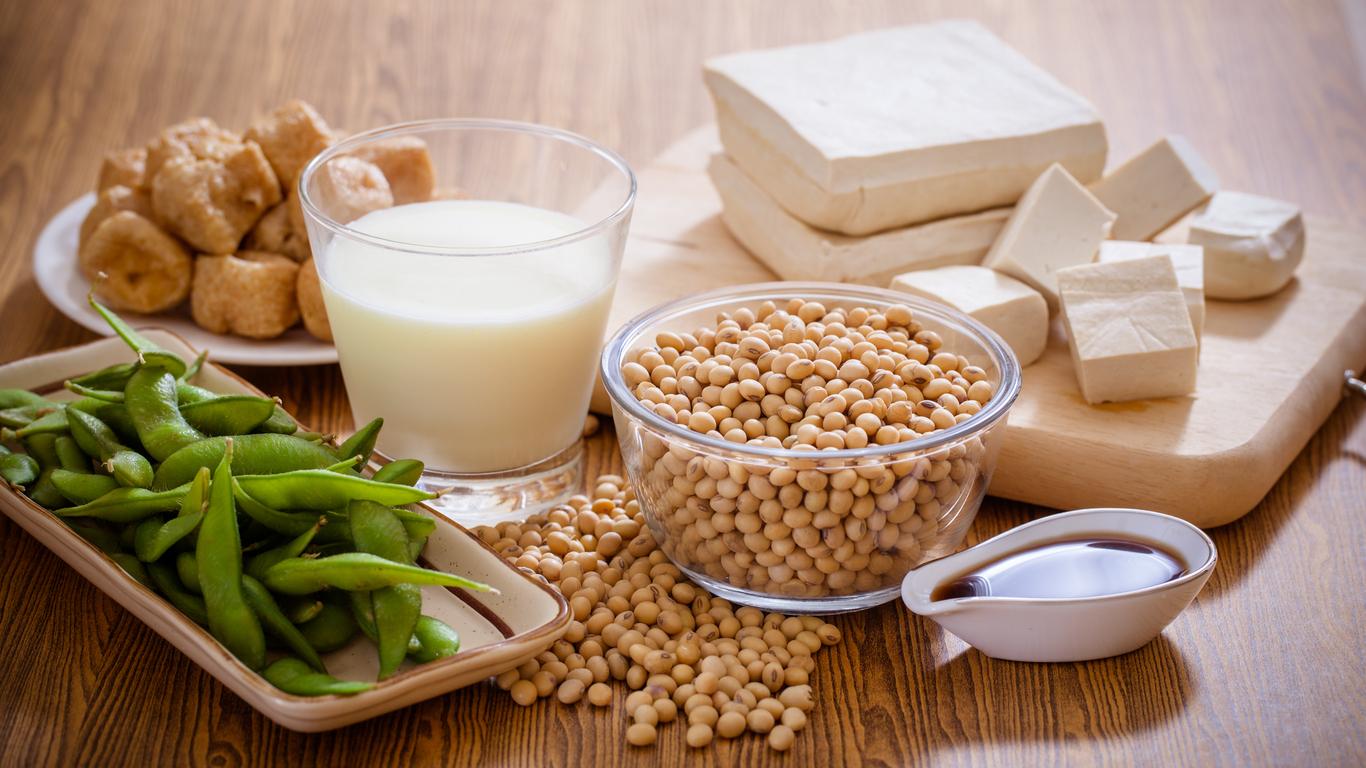Soy protein has an effect on inflammatory bowel disease. In addition to treatments, they reduce symptoms.

This food is all the rage among vegetarians. In steak or in milk, soy is very popular as a replacement for dietary protein. But the plant could find success with a whole different audience: people with chronic inflammatory bowel disease (IBD).
A soy protein concentrate, developed by Pennsylvania State University (USA) has produced interesting results in mice. The approach could be complementary to current treatments. The first works are published in the Journal of Nutritional Biochemistry.
Less marked inflammation
On human colon cells and in mice, researchers in Pennsylvania tested a new approach to food. They substituted 12% of the protein of animal origin with a condensed soy protein – concentrated to 70%.
“We didn’t want to get sucked into very high doses that would squeeze out all other protein sources,” explains Zachary Bitzer, the study’s first author. We wanted to approach a scenario that can adapt to the conditions of human life. “
Several mice were modified to express the symptoms of ulcerative colitis: weight loss, colon shortening, and swelling of the spleen. The researchers gave them the usual treatment, supplemented with soy concentrate.
The protein made it possible to limit the weight loss of the animals while reducing the volume of the spleen. The markers of inflammation are weaker with soybeans, and the intestinal barrier returns to functioning closer to normal.

Protect cells
This development is explained by the action of the soy protein concentrate. It produces an antioxidant which has a cytoprotective effect in vitro. In other words, the condensate protects the colon cells against harmful agents, here inflammation. Therefore, in mice, the symptoms of IBD are less severe.
In view of these results, the researchers believe that the use of soy proteins could form an interesting complement to the usual treatments of IBD. “Since products are already on the market, it makes things easier,” says Zachary Bitzer. Indeed, no drug can cure these pathologies. On the other hand, anti-inflammatory drugs make it possible to control their evolution and immunomodulators make it possible to slow them down. But these approaches are heavy in side effects and their effectiveness sometimes incomplete.

.















